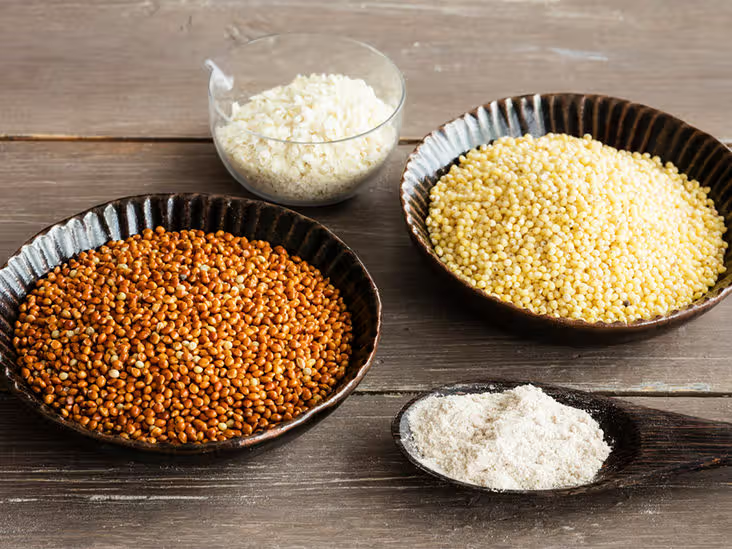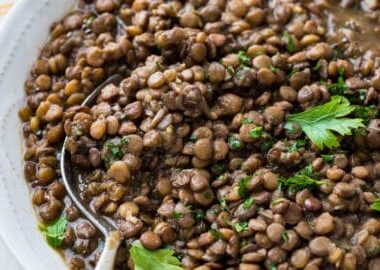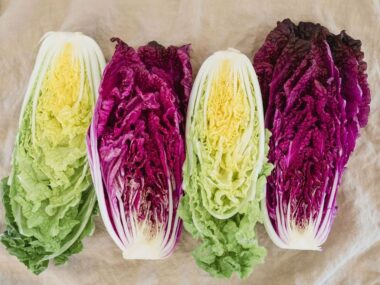Millet is generally a tiny yet mighty grain that falls under the cereal crop family and has its roots traceable to Africa and Asia, not forgetting its nutritious content, which is worthy of a mention as well.
However, regardless of the great purpose it serves inside of the kitchen, there are days when the millet just isn’t available or doesn’t suit your palate, and you’re left with no other choice other than to run to some available substitute sharing similar nutritional profiles and culinary versatility to come to your rescue.
Well, to make going shopping for suitable alternatives easier for you, this article is here to guide you on reliably substituting for millets for you to prioritize shopping for and never to be left disappointed.
In that regard, below have been highlighted 10 of the best substitutes for millets.
Best Substitute For Millet To Try Out
1. Couscous

Perhaps you are not aware, Couscous happens to be a type of pasta made from semolina flour and is commonly found in Moroccan cuisine. It is a great substitute for millets known for its slightly chewy texture, and is best served alongside vegetables and meat.
The conclusion on conscious being an ideal substitute for millets is based on the fact that they both share a similar appearance and texture and can be used alongside any dish that ordinarily calls for the use of millets.
2 Quinoa

Characterized by its nutty flavor and chewy texture, quinoa makes its way into our list of ideal substitutes for millets, an option of a substitute that blends perfectly well with quite a variety of dishes that call for it and comes in different shades of white, red, and black.
Famous for being a rich source of fiber and protein, quinoa also holds the bragging rights of being one of the nutritious options of a substitute for millets; and a healthier choice compared to rice or pasta.
3 Rice
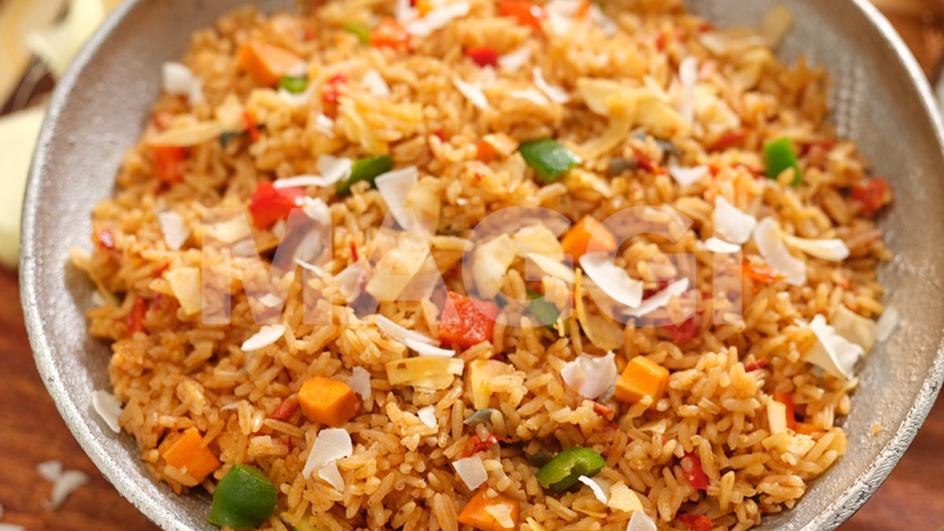
No one isn’t familiar with rice, a popular option as a substitute for millet that has traces in many cultures. This option of a substitute for millets does come in different varieties and shades, as well of white or brown grains.
Similar to the same profile the millets do bear, rice, as a substitute for millets, can also be fluffy and tender when cooked and can also be used as the main dish in most instances.
4. Buckwheat
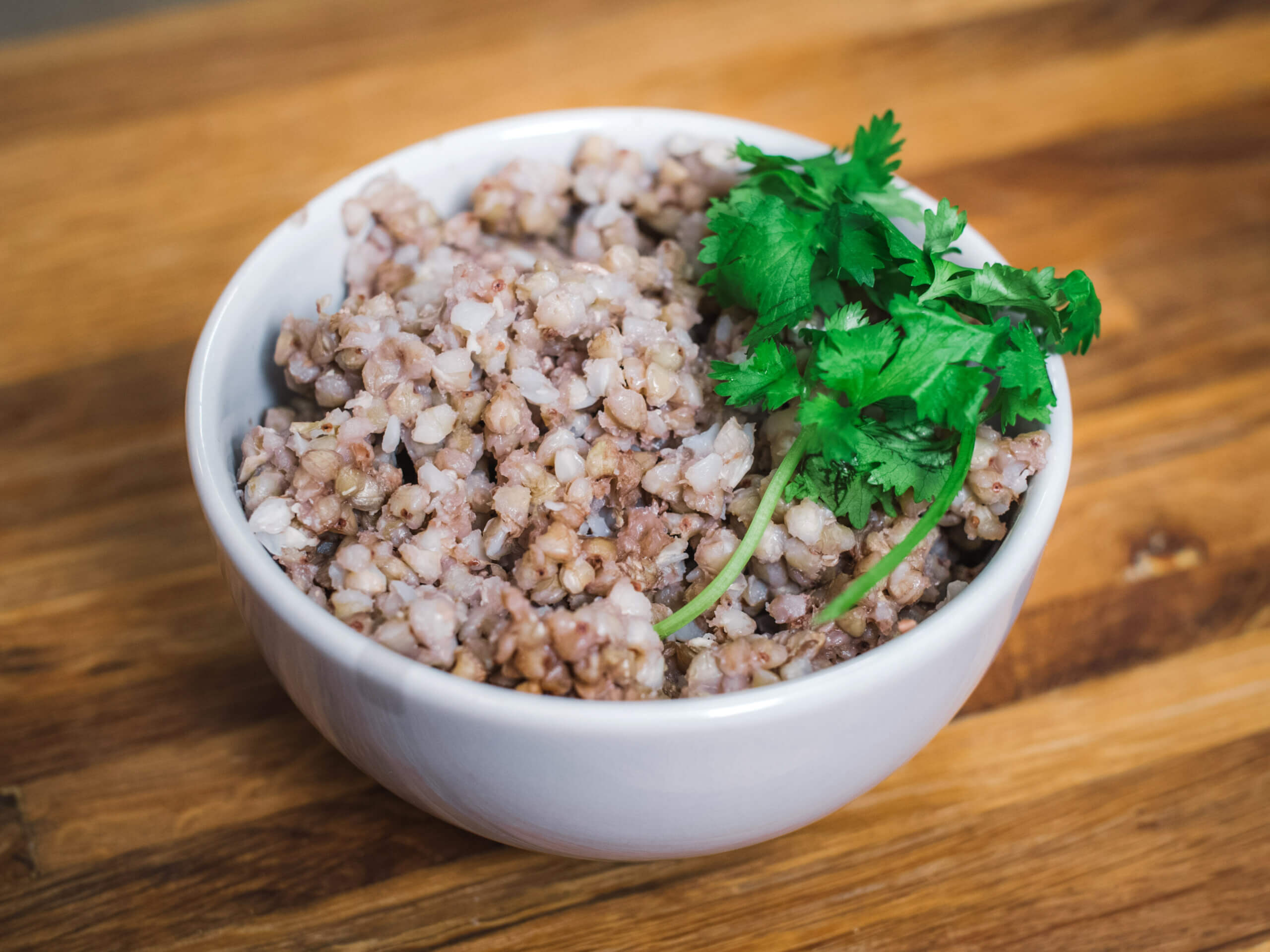
Popular among the inhabitants of Southeast Asia, buckwheat is also a great substitute for millet, characterized by its small and triangular grain appearance. It has also gotten its presence spread across different cultures, just as it is the case with the aforementioned rice.
This option of a substitute for millet can be found in different varieties as well and recommended for use in savory dishes such as soba noodles and kasha. However, there are also some rare instances where it can be cooked and eaten like rice.
Read also, 15 Best Rice Substitutes For Diabetics
5. Amaranth
:max_bytes(150000):strip_icc()/amaranthWestend61-83a6aaaa292048ed9b722baec01c5101.jpg)
Amaranth is a plant that is familiar particularly to the inhabitants of South America, especially in many parts of Mexico. Though it is a plant known for its small and greenish-colored flowers, what places it in the position of being one of the excellent substitute for millets is its edible grains which can be ground into flour or used whole.
Characterized by its nutty flavor, which is very much needed in porridge, Amaranth is also a rich source of protein and fiber, making it a healthy substitute for millet.
6. Oat flour

Whole grain oat flour has also been tested and approved of being a great choice of a substitute for millet, particularly because of the profile it bears of bringing its warm and nutty flavor, alongside its soft and fluffy texture to baked recipes and dishes
As regards being great for baked recipes and dishes, just as the case is with millets, the oat flour blends perfectly well with other ingredients in the preparation of baked products such as cakes, muffins, cookies, and other breads. Interestingly enough, it also comes at the best price and quality.
7. Brown rice flour
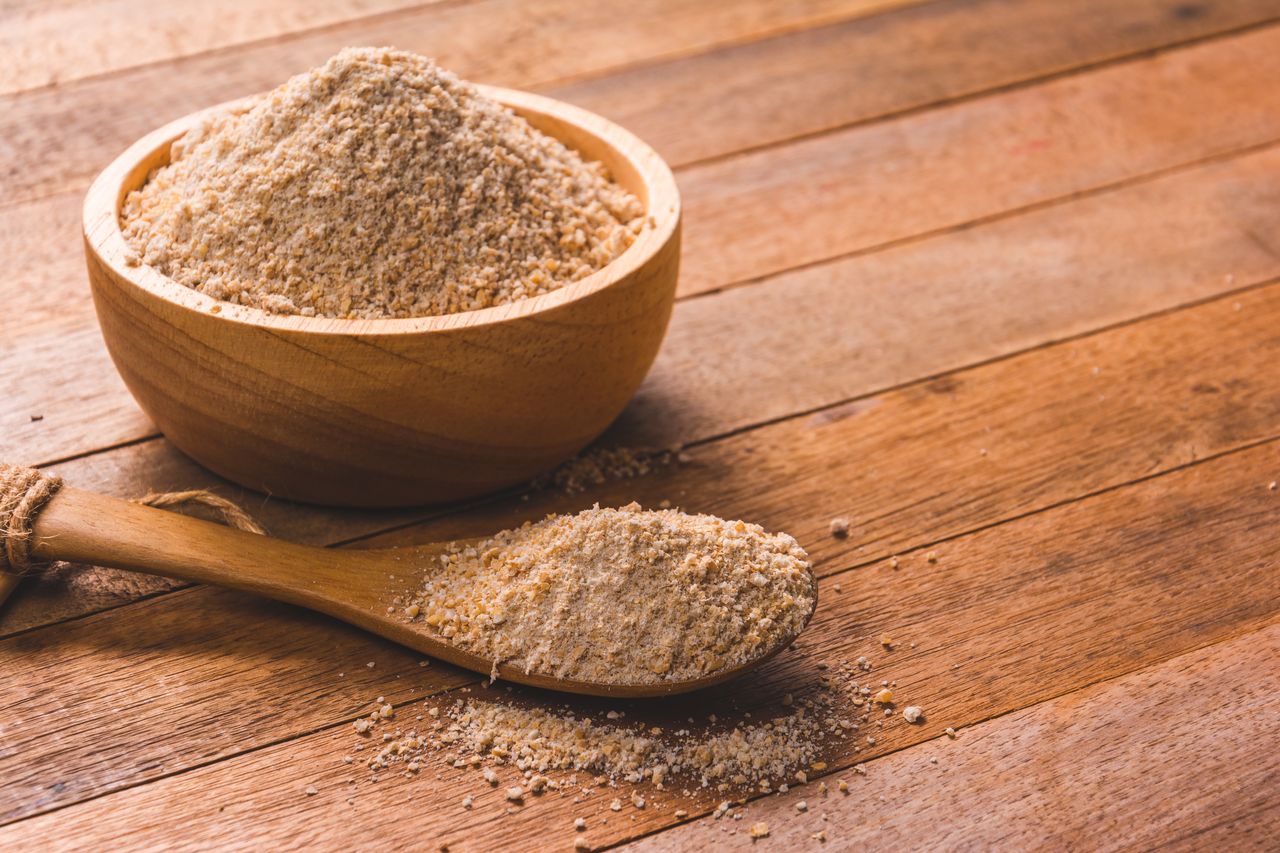
Brown rice flour can also come in as a substitute for millet in some instances, an option of a substitute that closely matches the profile of the whole wheat flour since they both share similarities in their flavor and texture.
It is a great choice of a substitute for millet when it comes to being used inside the recipes of gluten-free pancakes, muffins, and bread, with a guarantee of adding its rich nutty flavor to them.
8. Teff flour

Teff flour, as an excellent substitute for millet, is a whole-grain flour that is n pop naturally gluten-free and is recommended for use in both sweet and savory baked goods. Characterized by its malty and mildly nutty flavor, the Teff flour also goes hand in hand with chocolate, nuts, caramel, and coffee.
Blessed as well with a high nutrient content, be rest assured of the fact that you’re on the safe side of health wise since it is also high in fiber and protein, alongside other vitamins and minerals.
Read also, 10 Best Substitute For Minute Rice
9. Sorghum flour
:max_bytes(150000):strip_icc()/sorghumPamela_d_mcadams-4481126cd3414ec78ad77f00aaa49b82.jpg)
Sorghum flour also makes it comfortably into the list of great substitute for millet, evidently because of the mild, sweet flavor and smooth texture they both share together in their respective profiles.
It also blends excellently well with the recipes of various baked goods such as cookies, cakes, muffins, pancakes, and breads. However, there are also some other instances where it is recommended you use sorghum flour together with binders such as eggs or xanthate to avoid a dry, crumbly texture in baked goods.
10. Whole Wheat Flour

White wheat flour bears an entirely different profile from every other white all-purpose flour you might have come to know about, as it does carry inside of its content the entire wheat kernel, making it a better choice of a substitute for millet nutrition-wise.
.Popular as well for its robust nutty flavor, whole wheat flour can also be as sweet as millet flour, making it way much easier to swap them both.
Conclusion
In conclusion, each and every single one of the mentioned substitutes for millet here are known for their accessibility, since they are widely available in supermarkets and natural food stores, meaning the only stress you might have to go through is choosing out of this list of excellent substitutes for millet.
